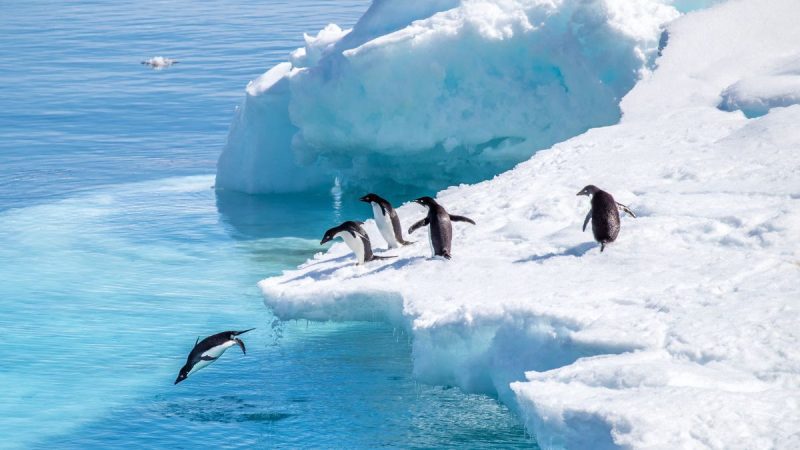Antarctica, Earth’s southernmost continent, stands as an unparalleled natural wonder. However, the rise of tourism to this remote region poses significant challenges. While tourism brings economic benefits, it also threatens Antarctica’s fragile ecosystem and raises concerns about sustainability. Together with other countries, India is promoting controlled tourism in Antarctica.
Regulatory Framework Is Important
Magnificent iceberg captured in Antarctica 👀 pic.twitter.com/HpC8OHC8eq
— Avi🍁 (@avitrends) May 11, 2024
The Antarctic Treaty Consultative Conference (ATCM) and the Committee for Environmental Protection (CEP) conference, which are slated to take place in Kochi, India from May 20–30, will include a discussion on controlling tourism in Antarctica. The annual number of tourists travelling to Antarctica has been rising gradually; thousands of people travel there each year, either via Argentina or Chile. From 2022 to 2023, 32,730 cruise-only visitors, 71,346 landed guests, and 821 deep-field visitors visited the continent, according to the International Association of Antarctica Tour Operators (IAATO).
There are worries that the delicate environment, which is already in danger due to the climate catastrophe, may be further harmed by this rush of tourists. For researchers, the cost of travelling to Antarctica is estimated to be INR 1 crore per person. The researchers join a ship that departs from Goa, South Africa, and cruises to the South Pole. Despite efforts to minimize environmental impact, tourism poses several threats to Antarctica’s delicate ecosystem.
According to an article by Outlook Traveller, M Ravichandran, Secretary at the Ministry of Earth Sciences, highlights that the issue lies in the inadequate regulation of tourism in Antarctica. The conference is discussing its regulations. He also made hints about intentions to make it easier for the general public to visit Indian research stations in Antarctica.
Also Read: Antarctic Wildlife At Risk As Ozone Hole Widens; Scientists Express Concern
Environmental Impact On Antarctica Tourism
The raw beauty of Antarctica pic.twitter.com/slo3Fu9PZw
— Beautiful Travel (@beautifultrav) November 26, 2023
Antarctic tourism has surged in recent decades. Tourists are drawn here. The continent’s spectacular landscapes and abundant wildlife provide the opportunity for adventure. Foot traffic from tourists can trample fragile vegetation and disturb wildlife breeding colonies, disrupting natural processes and ecosystems. Additionally, the carbon footprint of transportation to and within Antarctica contributes to climate change.
Developing and enforcing strict environmental guidelines for tour operators can help mitigate the ecological footprint of tourism in Antarctica. Regulating tourism to Antarctica is essential to preserve the continent’s pristine wilderness and ensure its long-term sustainability.
Antarctica remains a beacon of scientific discovery and natural beauty for generations to come.
Cover image credits: Canva
First Published: May 13, 2024 2:40 PM




